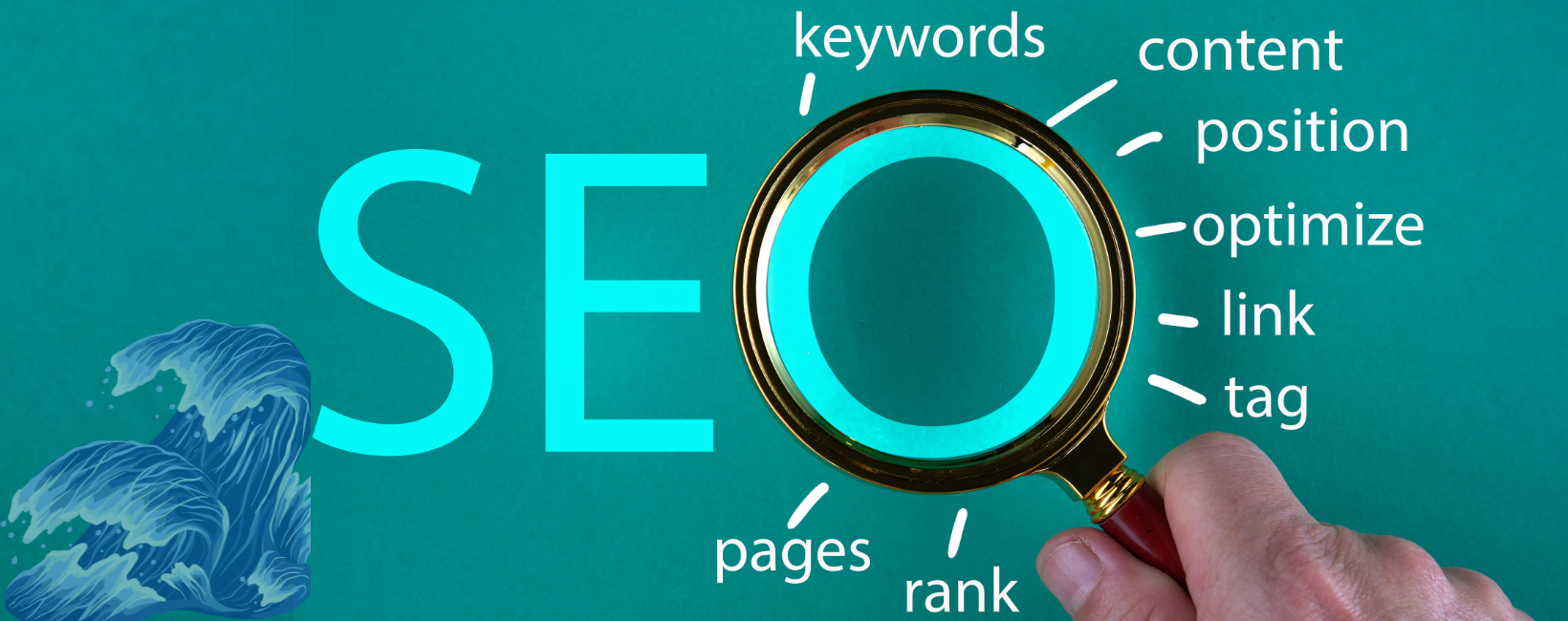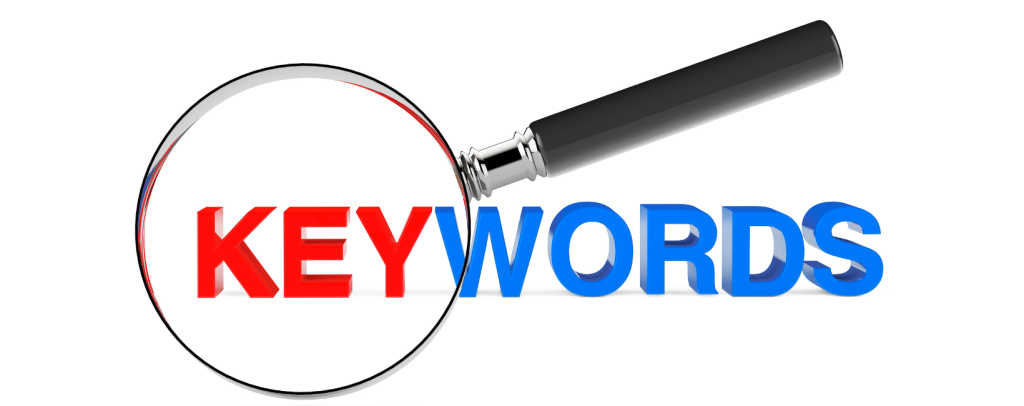
On-Page SEO Essentials for Marine Businesses
Nowadays, marine businesses—from yacht builders to equipment suppliers—need more than just an attractive website. An effective online presence requires strategic on-page SEO to ensure that the right customers find you easily when they search for products and services you offer. On-page SEO is a crucial aspect of any digital marketing strategy, enabling marine businesses to improve search engine visibility, attract qualified traffic, and stand out from competitors.
In this guide, we’ll break down the essentials of on-page SEO tailored specifically for the marine industry. From keyword optimisation to creating high-impact meta descriptions, each element will play a role in improving your rankings and driving more business your way.
1. Keyword Optimisation: Build the Foundation for Visibility

The foundation of effective on-page SEO is understanding and implementing the right keywords—terms that customers are searching for to find businesses like yours. For marine businesses, that means focusing on keywords like “marine SEO,” “marine advertising,” “marine eCommerce SEO,” and industry-specific terms like “yacht accessories” or “boat maintenance tips.”
- Start with Research: Use tools like Google Keyword Planner, SERanking, SEMrush, or Ahrefs to identify keywords relevant to your offerings and analyze their search volume and competition.
- Strategic Placement: Incorporate primary and secondary keywords naturally into your content, including:
- Page titles
- Headers (H1, H2, H3)
- URL structure
- First paragraph
- Throughout the content (avoid overstuffing)
Example:
If you’re optimising a page about yacht maintenance, prioritise keywords like “yacht maintenance,” “boat repair services,” and “marine eCommerce SEO.” Place these keywords naturally, ensuring the content remains readable and providing value for the audience.
2. Crafting Effective Meta Descriptions: The Key to Click-Through Rates

A well-crafted meta description is like a handshake—it’s often the first interaction users have with your website in search results. Meta descriptions don’t directly impact ranking but have a significant effect on click-through rates, driving more traffic to your site.
- Keep It Concise and Descriptive: Aim for 155-160 characters and make it compelling.
- Include Keywords: Keywords in meta descriptions will appear bold in search results, catching users’ attention.
- CTA (Call to Action): Encourage users to click with phrases like “Learn more about,” “Find out how,” or “Discover our products.”
Example:
For a marine chandlery, your meta description could be: “Discover top-quality yacht and boat accessories. Find everything you need for marine maintenance and repairs. Shop now for the best products and service”
3. Optimise Header Tags: Organise and Structure Your Content
Header tags (H1, H2, H3) structure the content on your page, making it easier for search engines to understand. This hierarchy also improves readability for users, which keeps them engaged longer—a positive SEO signal.
- Use H1 for Page Title: This should be clear, concise, and include your main keyword.
- Subheadings for Additional Keywords: Use H2s and H3s for subtopics, weaving in secondary and related keywords naturally.
Example:
If you’re writing a guide on marine maintenance, a good structure might look like this:
- H1: Comprehensive Guide to Engine Maintenance
- H2: Why Regular Yacht Maintenance Matters
- H3: Essential Maintenance Tips for Yachts
- H3: Choosing the Right Marine Parts
This structure not only organises your content but also helps Google index it appropriately.
4. Content Optimisation: Valuable, Informative, and Keyword-Rich
Content is at the heart of on-page SEO; it’s the lifeblood of every marine business. That’s why it’s important that your text provides genuine value to your audience. When you’re crafting content for a marine audience, aim to be informative, practical, and relevant to their needs.
- Always write for Readers First, Then Optimise: The primary goal is to inform and help users, not simply to rank. Avoid keyword stuffing, as it can harm readability.
- Include Marine-Specific Terminology: Use industry-specific terms that resonate with your audience, such as “nautical equipment” or “marine navigation technology.”
- Longer Content for Better Engagement: Aim for articles that exceed 1000 words, as longer, comprehensive content tends to perform better in search engine rankings.
Example:
For a blog post on “Top Marine Safety Gear,” start with an introduction to marine safety, list essential gear, and explain how each item enhances safety for boaters.
5. Internal Linking: Build a Strong Site Structure

Internal linking is often overlooked, but it’s a vital part of on-page SEO. Linking to other pages on your site helps search engines understand the structure of your site and creates a network of information for visitors to explore.
- Link Strategically to Related Content: Use anchor text that includes relevant keywords, like “marine eCommerce SEO,” and link to other relevant, informative pages.
- Enhance User Experience: If a visitor is reading an article about “yacht maintenance,” consider linking to a related page on “best marine parts suppliers” to keep them on your site longer.
- Balance Your Links: Avoid excessive links that can overwhelm readers. Instead, prioritise quality links that are relevant to the content.
Example:
In a blog post about “Improving Yacht Fuel Efficiency,” you could link to another article on “Choosing Eco-Friendly Engines” for an in-depth look at environmentally conscious options like all-new hybrid engines.
6. Image Optimisation: Make Visuals SEO-Friendly
Visual content is crucial in the marine industry, where potential customers are likely drawn to visuals of yachts, marine equipment, or coastal scenery. Optimising images is not only good for user engagement but also plays a role in SEO.
- Use High-Quality, Relevant Images: Choose images that are clear and relevant to the page content.
- Add Alt Text with Keywords: Describe the image briefly, including keywords where appropriate. Alt text helps search engines understand image context and improves accessibility.
- Compress Images for Faster Loading: Large images slow down page speed, which can hurt rankings. Use compression tools like TinyPNG to reduce file sizes without compromising quality.
Example:
For an image of a yacht, alt text could be: “Luxury yacht with advanced marine navigation systems.”
7. Optimise URLs: Keep Them Short and Descriptive
URL structure is another on-page SEO element that directly impacts rankings. Short, keyword-rich URLs not only look more professional but are also easier for search engines and users to understand.
- Include Primary Keywords: Make sure URLs are descriptive and include main keywords.
- Avoid Special Characters and Long Numbers: Keep URLs clean and simple.
Example:
Instead of a URL like: www.xyzmarinebusiness.com/page12345?category=yachtsupplies&refid=5678
Use: www.xyzmarinebusiness.com/yacht-supplies
8. Mobile Optimisation: Ensure a Seamless Experience Across Devices

Google’s mobile-first indexing makes it crucial for marine businesses to offer a seamless experience on mobile devices. Many customers might be on the go, especially in the marine industry, so mobile-friendly content is essential.
- Responsive Design: Ensure your site’s design adapts to various screen sizes.
- Readable Fonts and Accessible Menus: Optimise fonts and menus so mobile users can easily navigate your site.
- Optimise Load Times: Mobile users are likely to abandon a page that takes too long to load. Focus on compressing images, minimising code, and leveraging browser caching.
Conclusion: Boost Your Marine Business with On-Page SEO
The world of on-page SEO can be daunting, but it’s a powerful tool for improving search engine rankings and driving more traffic to your site. For marine businesses, these strategies—from keyword optimisation to mobile-friendly content—are invaluable for establishing a strong online presence in a competitive market.
While on-page SEO is essential, it’s even more effective when combined with off-page strategies like local SEO and backlink building. If you’re ready to take your marine business to the next level, consider working with experts who can create a comprehensive SEO strategy tailored to your industry needs.
Take action now—combine on-page and off-page SEO for the best results and elevate your marine business in search rankings.
Contact us at Digital Deckhand today!
